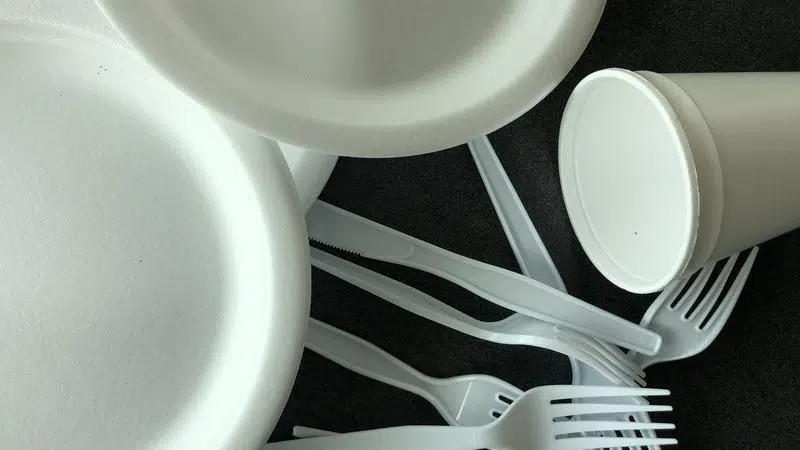
Provincial green purveyors pleased with plastic ban, urge domino effect
Globally, one garbage truckload of plastic waste enters the ocean every minute.
That comes from the federal government, which points to this, alongside plastic overflowing in landfills, as reaching a breaking point, spurring Ottawa to announce an intention to ban single-use plastics by as early as 2021.
Speaking at a nature reserve outside of Montreal, Prime Minister Justin Trudeau said the specifics of the ban still need to be worked out, but the feds will undertake research to determine the course of action in grounded science.


